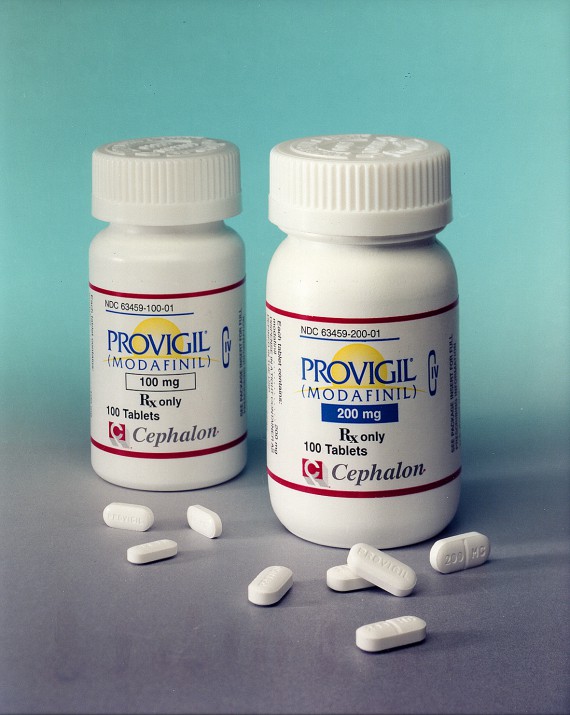
While the controversy and debate over the use of anabolic steroids and growth hormone in sports continues, little attention is paid to the use of Adderall and Provigil in academia. Cycling Fans Anonymous discusses an interesting article that appeared in the New York Times earlier this month.
Doping in academia is common, with Provigil and Adderall being the drugs of choice amongst professors and students at university. Apparently these drugs make it possible to concentrate without getting distracted for long periods of time, and to never get sleepy when pulling an all-nighter.
The New York Times compares doping in sports to doping in academia (“Brain enhancement is wrong, right?” March 9).
But is prescription tweaking to perform on exams, or prepare presentations and grants, really the same as injecting hormones to chase down a home run record, or win the Tour de France?
There was no shortage of people cited who saw ethical concerns with the use of drugs like Adderall and Provigil for non-medical purposes.
Some argue that such use could be worse, given the potentially deep impact on society. And the behavior of academics in particular, as intellectual leaders, could serve as an example to others.
But I was surprised to see one professor go on record in defense of pharmaceutical cognitive enhancement.
“I think the analogy with sports doping is really misleading, because in sports it’s all about competition, only about who’s the best runner or home run hitter,” said Martha Farah, director of the Center for Cognitive Neuroscience at the University of Pennsylvania. “In academics, whether you’re a student or a researcher, there is an element of competition, but it’s secondary. The main purpose is to try to learn things, to get experience, to write papers, to do experiments. So in that case if you can do it better because you’ve got some drug on board, that would on the face of things seem like a plus.”
Dr. Mariah Farah didn’t offer a defense of doping in general (as Professor Norm Fost has done in defense of doping in sports). Dr. Farah comments almost appeared to be an elitist defense – doping in sports is about competition and winning but doping in academia is about learning. Therefore, Farah seemingly suggests that the nobleness of learning may justify doping whereas the selfish competitiveness of sports is unjustified.
Doping for eggheads is good, but doping for athletes is bad.


About the author
Millard writes about anabolic steroids and performance enhancing drugs and their use and impact in sport and society. He discusses the medical and non-medical uses of anabolic-androgenic steroids while advocating a harm reduction approach to steroid education.

Leave a Reply
You must be logged in to post a comment.